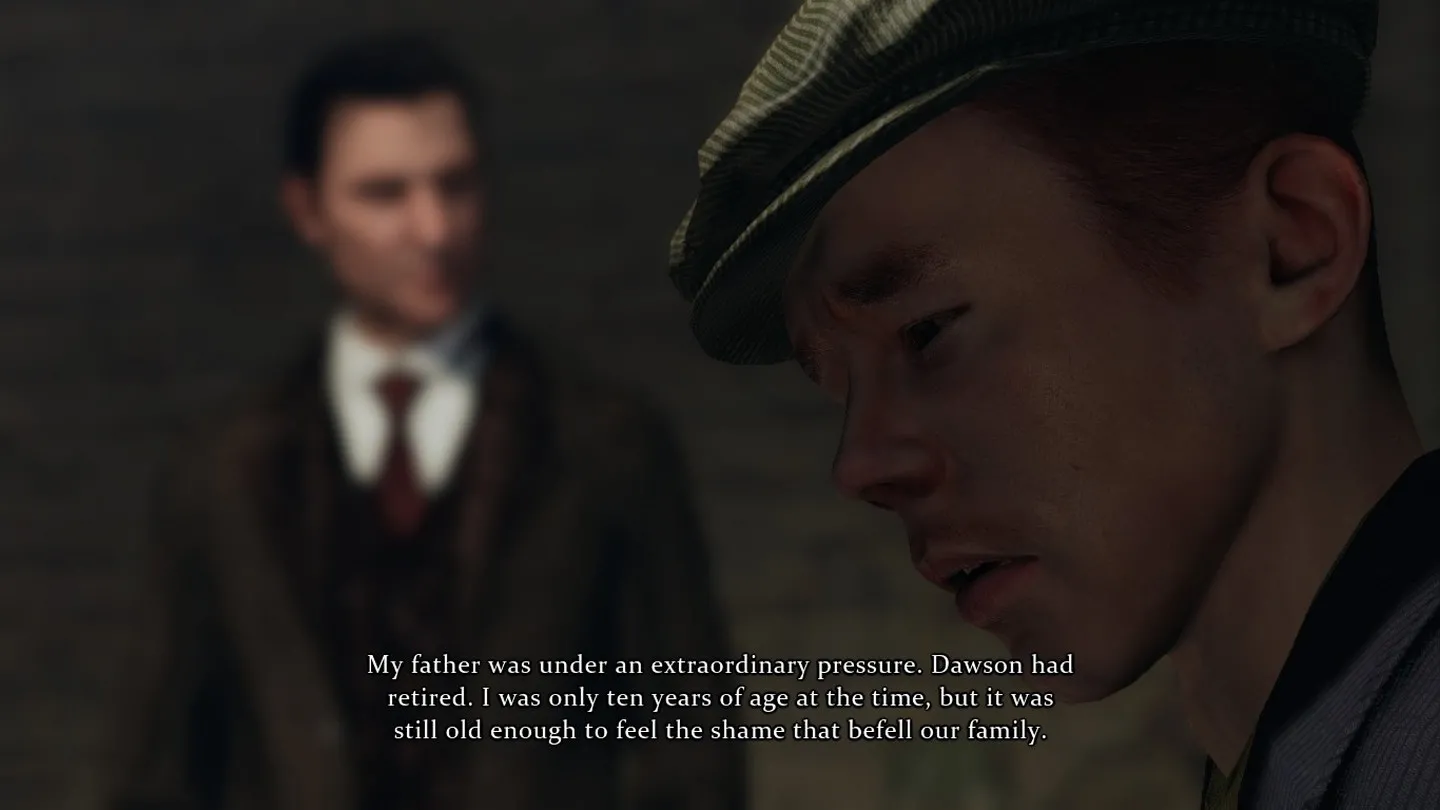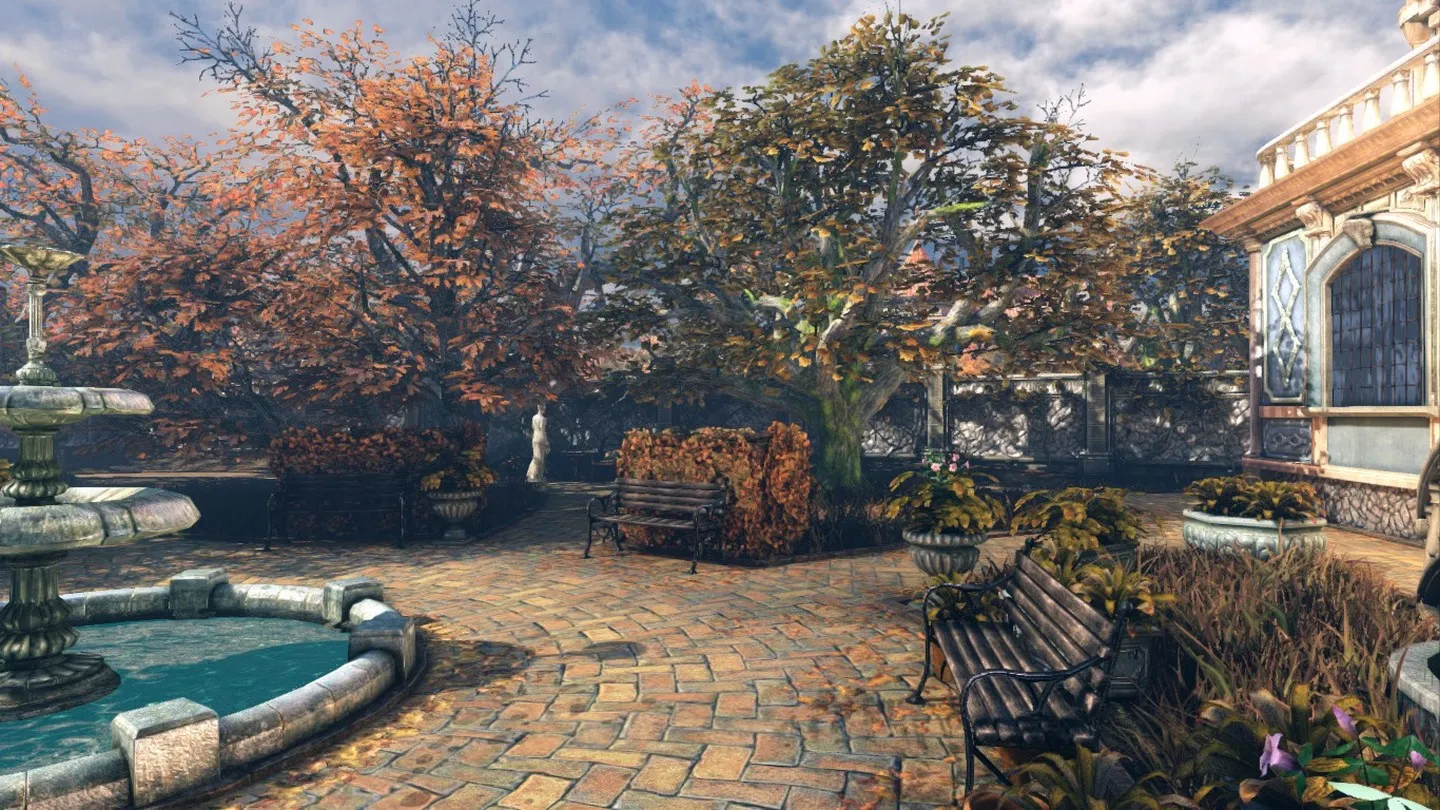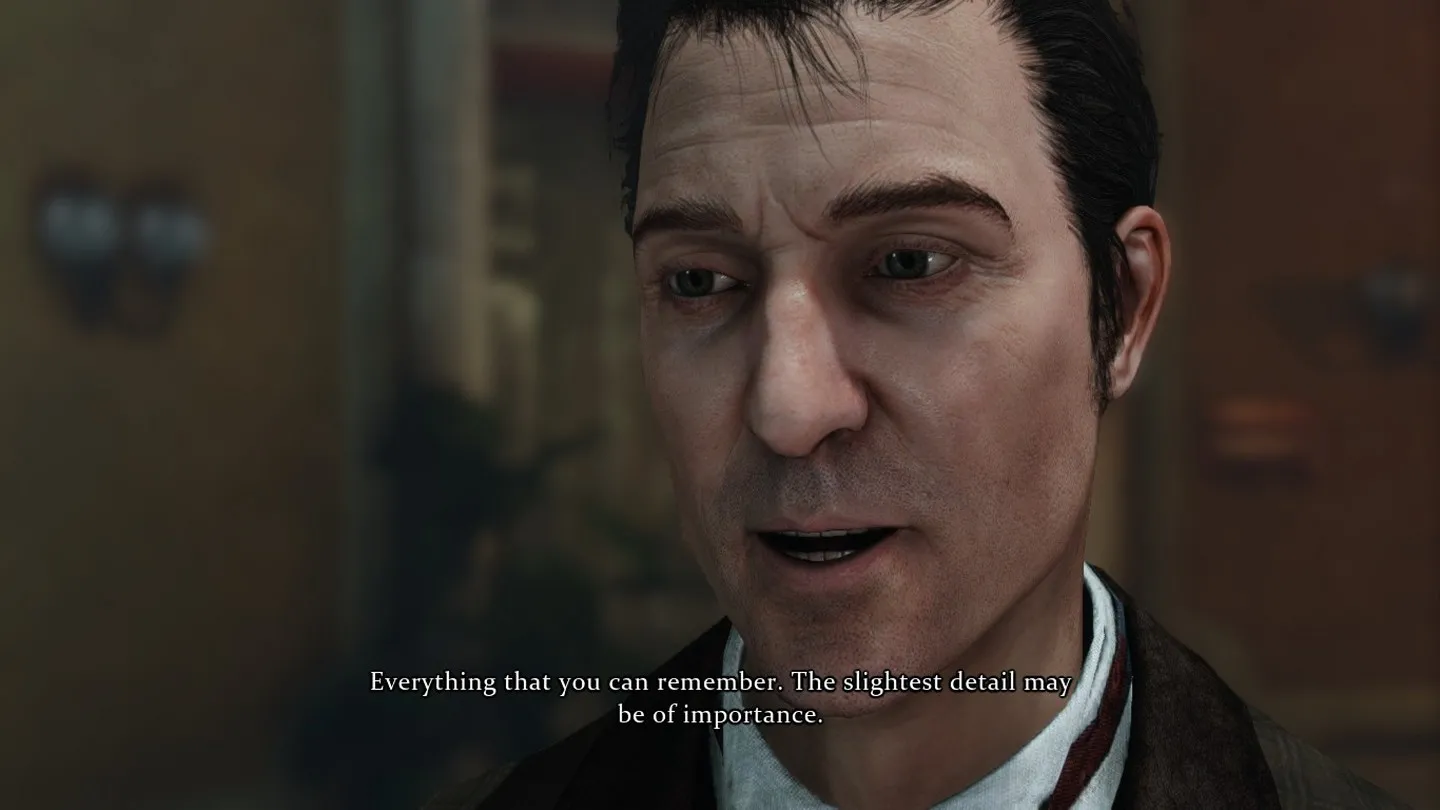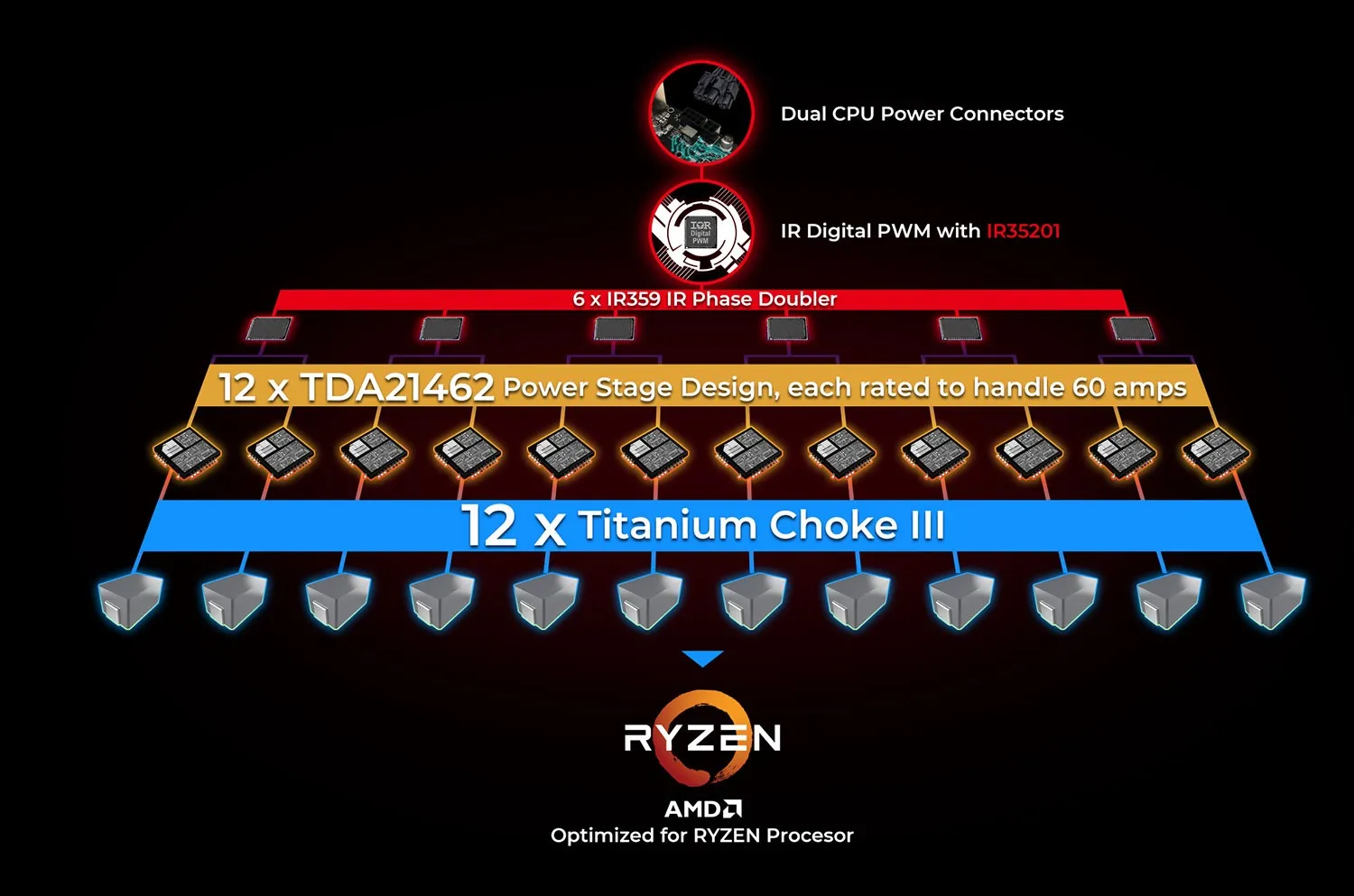
Sherlock Holmes: Crimes & Punishments – A Detective’s Moral Dilemma
Contents
Sherlock Holmes, the brilliant detective created by Sir Arthur Conan Doyle, is a household name. From books and comics to films and television series like the BBC’s Sherlock, his legacy endures. However, the gaming world hasn’t always embraced the Sherlock Holmes franchise with the same fervor. Ukrainian-Irish developer Frogwares has quietly cultivated The Adventures of Sherlock Holmes series for over a decade, starting with their first title in 2002. Their latest installment, Sherlock Holmes: Crimes & Punishments, seeks to change the game. This review delves into the merits and shortcomings of this detective adventure.
 Sherlock examining a crime scene
Sherlock examining a crime scene
Sherlock Holmes: Crimes & Punishments presents six distinct cases, each a self-contained narrative with intriguing mysteries. From ritualistic murders to vanishing trains concealing larger conspiracies, the game masterfully weaves suspense and deduction. Players step into Sherlock’s shoes, investigating crime scenes, gathering evidence, interrogating suspects, and reconstructing events. While the investigative process remains similar across cases, the interconnected details and unexpected twists keep the gameplay fresh. The true culprit is rarely obvious, demanding careful observation and reasoning.
 Sherlock analyzing clues
Sherlock analyzing clues
The game introduces a compelling moral dimension. Sherlock Holmes, though a champion of justice, faces ethical dilemmas. Players must grapple with choices where legal actions might lead to greater suffering. The power to condemn or absolve rests with the player, but achieving a truly “good” ending requires careful consideration of the consequences. This moral ambiguity adds depth to the narrative, challenging players to define their own sense of justice.
 A close-up of Sherlock's deduction board
A close-up of Sherlock's deduction board
Gameplay Innovations and Deduction System
Sherlock Holmes: Crimes & Punishments departs from traditional adventure game conventions by eschewing item combination puzzles. This focus on pure detective work might disappoint puzzle enthusiasts, but strengthens the game’s investigative core. A variety of mini-games keeps the gameplay engaging. From lock-picking and arm-wrestling to botanical experiments and mold-making, these diversions offer a welcome change of pace. While some, like the tightrope walk in the “Blood Bath” case, can be frustrating, the option to skip them alleviates potential roadblocks.
 Sherlock engaging in a mini-game
Sherlock engaging in a mini-game
The deduction system has received a significant overhaul. Unlike the cumbersome notebook from The Testament of Sherlock Holmes, Crimes & Punishments employs a dedicated screen visualizing clues as interconnected neurons. This streamlined approach facilitates complex deductions and allows players to revisit and revise their theories. The ability to rewind decisions at the end of each case offers a safety net for those seeking alternative outcomes.
 The deduction screen interface
The deduction screen interface
Visuals and Audio Design
Powered by Unreal Engine 3, Sherlock Holmes: Crimes & Punishments boasts impressive visuals, particularly in character models. Facial details, from scars and wrinkles to hair and beards, are rendered with remarkable fidelity. While the character animations might not rival the cinematic realism of L.A. Noire, Frogwares’ dedication to visual detail is commendable. The game’s environments are equally impressive, showcasing vibrant and atmospheric locations. The shift from the dreary palette of The Testament of Sherlock Holmes is a welcome change.
 A scenic view in the game
A scenic view in the game
The voice acting is competent, with Sherlock’s voice capturing both his intellectual calmness and his decisive pronouncements. While not groundbreaking, the audio design effectively complements the game’s atmosphere.
 Sherlock confronting a suspect
Sherlock confronting a suspect
Areas for Improvement
While Sherlock Holmes: Crimes & Punishments strives for accessibility, some design choices detract from the overall experience. The overabundance of on-screen prompts during investigations can disrupt the flow and diminish the sense of discovery. Similarly, the simplified challenge when presenting evidence to suspects undermines the potential for strategic gameplay. The inability to disable these notifications further exacerbates the issue.
 Sherlock investigating a room
Sherlock investigating a room
Another significant drawback is the frequency of loading screens. While the inclusion of deductions and evidence review during these pauses is a thoughtful touch, their sheer number becomes disruptive. Loading screens punctuate nearly every transition, from dialogue sequences and cutscenes to mini-games and area changes.
 Sherlock examining a document
Sherlock examining a document
Conclusion
Sherlock Holmes: Crimes & Punishments offers a compelling detective experience with engaging mysteries and a thought-provoking moral dimension. The revamped deduction system and diverse mini-games contribute to a refreshing gameplay loop. However, excessive hand-holding and frequent loading screens hinder the game’s potential. Despite these shortcomings, Crimes & Punishments stands as a solid entry in the Sherlock Holmes gaming canon, offering a unique blend of investigation, deduction, and moral choice.





Comments (0)